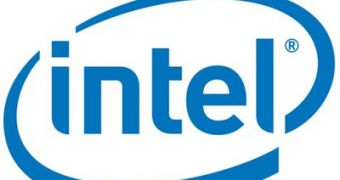Intel has been selling Atom central processing units for quite some time now but has been trying to get into the mobile business for quite a long time as well. Still, things have not been progressing very quickly, mostly because the ARM architecture is quite well settled in that area. One thing the Santa Clara, California-based CPU maker has been trying to accomplish is persuade others to design SoCs (System-on-Chip) based on Atom x86 cores. Apparently, TSMC is one of those reluctant parties.
Taiwan Semiconductor Manufacturing Company and Intel already have an agreement for the mass production of Atom SoCs, but the pact has been reportedly put on hold because parties that can develop them apparently aren't exactly enthusiastic about the idea. Intel made this deal with TSMC because it hoped to wrest some of ARM's share of the consumer electronics market. The main problem is not just the chip itself, but the x86 architecture in general. For one, ARM has already reached a comparable level of performance and is already widespread, which makes it much more easy to implement instead of performing a migration to a new architecture altogether.
"While we have no short-term plans to bring an Atom processor manufactured at TSMC to market, the relationship remains in effect and we are still working with TSMC," said Intel spokesman Nick Jacobs according to the report.
This situation does not mean Intel will just give up on its plans. If anything, the chip maker is known to persevere whenever it reaches obstacles. The company will still manufacture number of SoCs in its own fabs and keep looking out for opportunities elsewhere, even though they may not be quick to emerge. This, of course, may cause potential third parties to question the point of developing their own SoCs when Intel already has its own collection. All in all, there is no way o knowing exactly how things will progress in this area.

 14 DAY TRIAL //
14 DAY TRIAL //